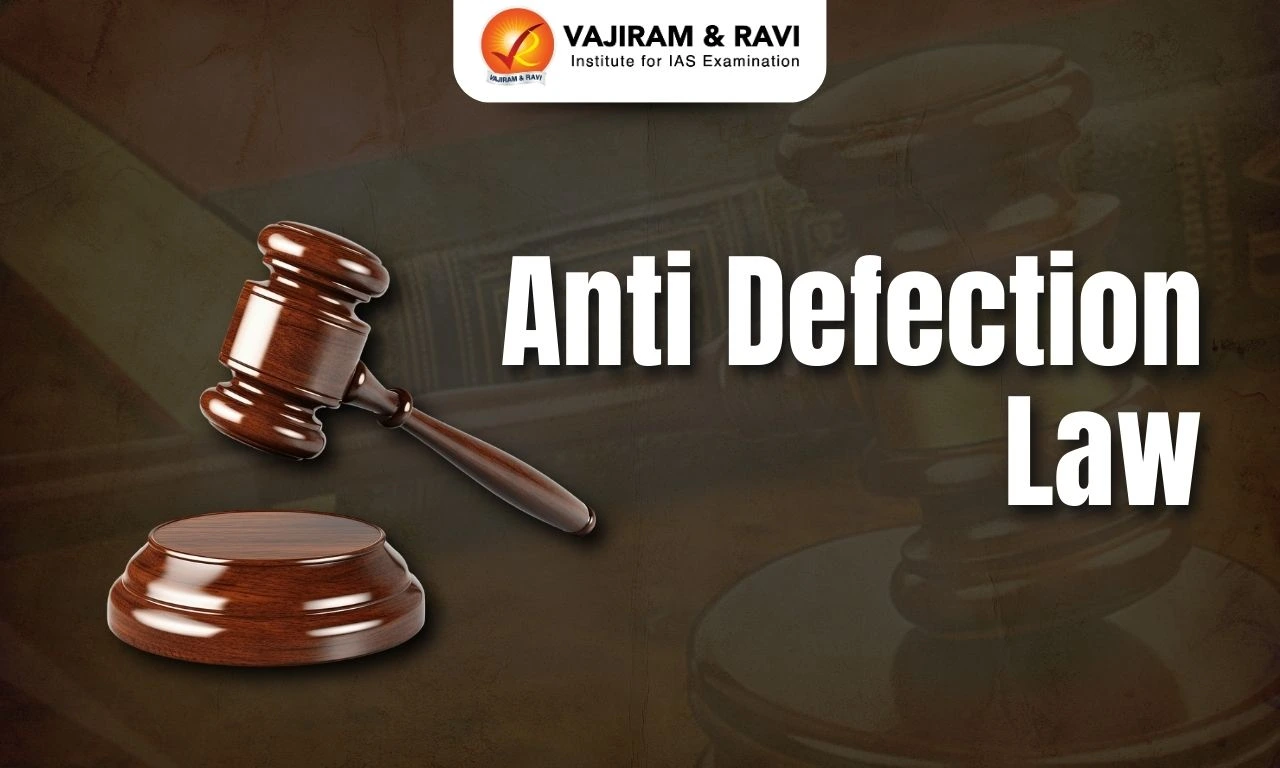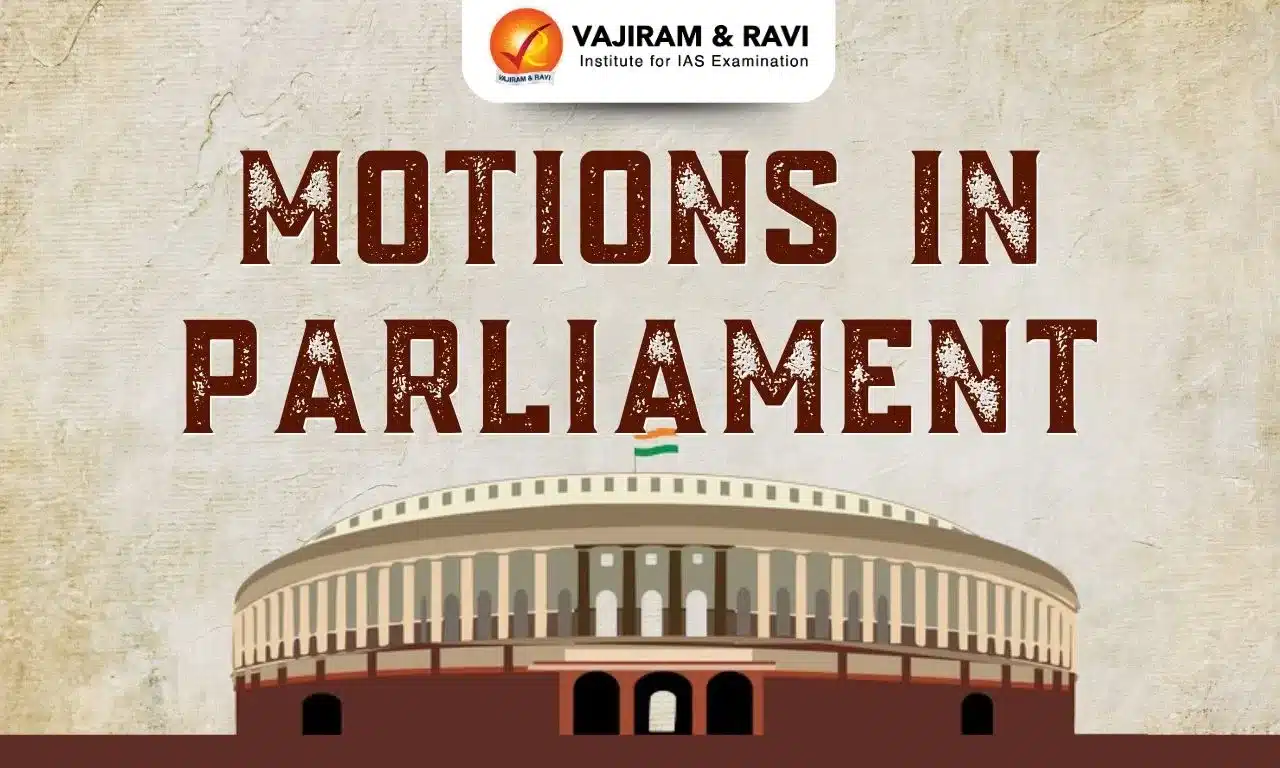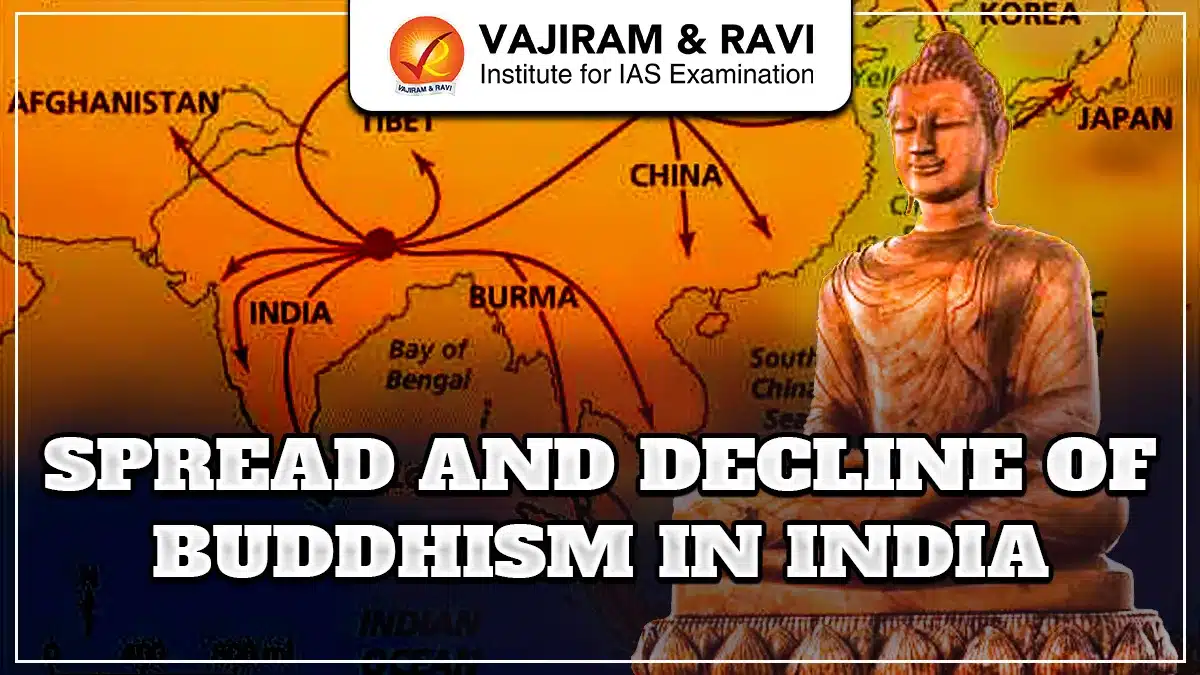What are the various schemes of devolution between various levels of Government in India?
In India, the Constitution provides for a federal system of government, with power divided between the central government and the states. Devolution of powers and finances to local levels in India refers to transferring decision-making authority and financial resources from the central government to the state and the local governments.
- The 7th Schedule of the Constitution contains the Union List, State List, and Concurrent List, which enumerate the powers and responsibilities of the central and state governments.
- Under Part V and Part VI, the constitution provides for the division of executive powers between the Union government and the State governments.
- Under Part VIII of the Indian Constitution describes the various executive powers and functions for the union territories.
- 73rd and 74th Constitutional Amendment Acts of 1992 provide for the devolution of powers and finances to local governments by creating panchayats and municipalities (Part IX and IXA).
What are the various means through which devolution happens in India?
There are several means through which the devolution of powers and finances takes place in India. Some of these include
- Constitutional provisions: The Indian Constitution allows the distribution of powers between the central government and the states. For example, the 7th Schedule of the Indian Constitution lists the subjects that are under the jurisdiction of the central and state governments.
- Statutory laws: For instance, PESA(The Panchayat extension to schedule areas) Act 1996 and Forest Rights Act 2006 ensures the decentralization of power to tribal communities and their participation in decision-making.
- Fiscal decentralization: Union Finance Commission recommends distributing financial resources between the central and state governments, and State Finance Commission recommends grants to local levels for various functions.
- Administrative decentralization: involving the transfer of decision-making authority and management responsibilities from the central to state governments and further to local governments.
- Constitutional amendments: to bring in more decentralization and transparency in the system, like the 73rd and 74th amendments of the Indian Constitution, which mandate the formation of Panchayats and Municipalities, respectively, and give them constitutional status.
What are the constitutional provisions relating to the devolution of powers and finances in India?
In India, the devolution of powers and finances to local levels is primarily provided for in the Constitution of India under the following articles and provisions:
| Article | Description |
| Article 40 | Requires the state to take steps to organize village panchayats and endow them with such powers and authority as may be necessary to enable them to function as units of self-government. |
| Article 243-243O | Deals with gram sabha, state finance commission, elections, reservation to women and scheduled caste, state election commission, etc. |
| Article 243P-243ZG | Deals with three tiers of urban governance structure, district planning committee, reservation to women and scheduled caste, elections etc |
| Article 280 | Empowers the Parliament to create a Finance Commission to recommend distributing financial resources between the central and state governments. |
| Article 282 | Empowers the central government to make grants to state and local governments for specific purposes. |
| Article 371 | Special provision with respect to the States of Maharashtra, Gujarat, Nagaland, Assam, Goa, Sikkim, etc. |
| Schedule 5 | Provisions as to the Administration and Control of Scheduled Areas and Scheduled Tribes |
| Schedule 6 | Deals with provisions related to the Administration of Tribal Areas in the States of Assam, Meghalaya, Tripura, and Mizoram. |
Table: Constitutional Provisions dealing with devolution of powers and finances
What are the challenges associated with the devolution of powers and finances in India?
Several challenges are associated with the mechanisms of devolution of powers and finances in India:
- GST: The implementation of GST has resulted in a loss of autonomy for states to determine tax rates for subjects that fall within their jurisdiction. This inability to adjust tax rates to align with their specific development needs has increased reliance on the central government for funding.
- Centrally Sponsored Schemes: Although these schemes are rationalized, but these schemes require states to contribute a portion of the cost, which can take away from their own priorities. Additionally, these schemes, which are often implemented with a one-size-fits-all approach, are given priority over state-specific schemes.
- Limited capacity of sub-national governments: Sub-national governments, such as states and districts, often lack the capacity and resources to effectively exercise the powers and functions devolved to them.
- Finance Commission: Various leaders of southern states had claimed that Using 2011 data in Terms of Reference(TOR) by the finance commission will penalize southern states, which have made considerable progress in population control, and deny them reward for progress made in areas such as health, literacy, education, and infrastructure.
- Cess and Surcharges: The utilization of non-divisive cess and surcharges has hindered the progress of devolution, as proposed by the Fourteenth Finance Commission, which aimed to increase the devolution share from 32% to 42%.
- Lack of training and capacity building: There is often a lack of training and capacity building for sub-national government officials, which can lead to a lack of understanding of their responsibilities and the proper use of devolved powers and funds.
- Lack of accountability and transparency: Local officials may misuse their new powers and finances for personal gain, resulting in a lack of accountability and transparency. This can lead to corruption and a lack of trust in the government among the population.
- Inadequate financial resources: The financial resources devolved to local governments may be inadequate to cover the costs of their new responsibilities, resulting in a lack of funds for essential services and infrastructure.
- Unequal distribution of resources and opportunities: Disallows the sub-national units to utilize their devolved powers and functions effectively on par with each other, thereby leading to disparity.
- Conflicts between different local governments and stakeholders: Decentralization can also lead to conflicts between different local governments and stakeholders over the control and use of resources. For example, conflicts may arise between different Panchayats over the control of common resources like water.
Assessment of the devolution of funds, functions, and functionaries to local bodies in India
The extent to which the devolution of funds, functions, and functionaries to local bodies in India has been successful is a matter of debate, and there are both positive and negative aspects to it.
Positives Outcomes
- The devolution of funds, functions, and functionaries has led to the strengthening of local governance and the empowerment of citizens, enabling them to have a greater say in the decision-making process and the delivery of public services.
- It has led to the improvement of public services, such as the provision of drinking water, sanitation, and housing, and the implementation of development programs, such as the National Rural Employment Guarantee Act (NREGA).
- It has also led to greater accountability and transparency in using devolved funds and powers as the local bodies are more directly accountable to the citizens.
- The devolution of power to local bodies has improved the responsiveness of governance to local needs and aspirations.
Negatives Outcomes
- There is a lack of capacity of local bodies to effectively plan and implement development projects. Many local bodies lack the necessary technical and administrative expertise, as well as financial resources, to effectively carry out their functions.
- There is a lack of accountability and transparency in the use of devolved funds and powers, there have been instances of mismanagement and corruption in the use of devolved funds and powers, which has led to the misappropriation of resources and the failure to deliver public services to citizens.
- The devolution of functionaries to local bodies has been slow, and many local bodies still lack the necessary personnel to effectively carry out their functions.
- The devolution of powers is often limited by the lack of political will and the resistance of the state government to devolve power to local bodies.
- There are also issues of overlapping responsibilities and lack of coordination among different tiers of government, leading to inefficiencies in the delivery of public services.
Last updated on February, 2026
→ UPSC Notification 2026 is now out on the official website at upsconline.nic.in.
→ UPSC IFoS Notification 2026 is now out on the official website at upsconline.nic.in.
→ UPSC Calendar 2026 has been released.
→ UPSC Final Result 2025 is expected to be released in the first week of March 2026.
→ Check out the latest UPSC Syllabus 2026 here.
→ Join Vajiram & Ravi’s Interview Guidance Programme for expert help to crack your final UPSC stage.
→ UPSC Mains Result 2025 is now out.
→ UPSC Prelims 2026 will be conducted on 24th May, 2026 & UPSC Mains 2026 will be conducted on 21st August 2026.
→ The UPSC Selection Process is of 3 stages-Prelims, Mains and Interview.
→ Prepare effectively with Vajiram & Ravi’s UPSC Prelims Test Series 2026 featuring full-length mock tests, detailed solutions, and performance analysis.
→ Enroll in Vajiram & Ravi’s UPSC Mains Test Series 2026 for structured answer writing practice, expert evaluation, and exam-oriented feedback.
→ Join Vajiram & Ravi’s Best UPSC Mentorship Program for personalized guidance, strategy planning, and one-to-one support from experienced mentors.
→ Check UPSC Marksheet 2024 Here.
→ UPSC Toppers List 2024 is released now. Shakti Dubey is UPSC AIR 1 2024 Topper.
→ Also check Best UPSC Coaching in India
Devolution of Power and Finances FAQs
Q1. How does the devolution of power and finances in India impact the delivery of public services?+
Q2. What is the role of the Finance Commission in the devolution of finances in India?+
















